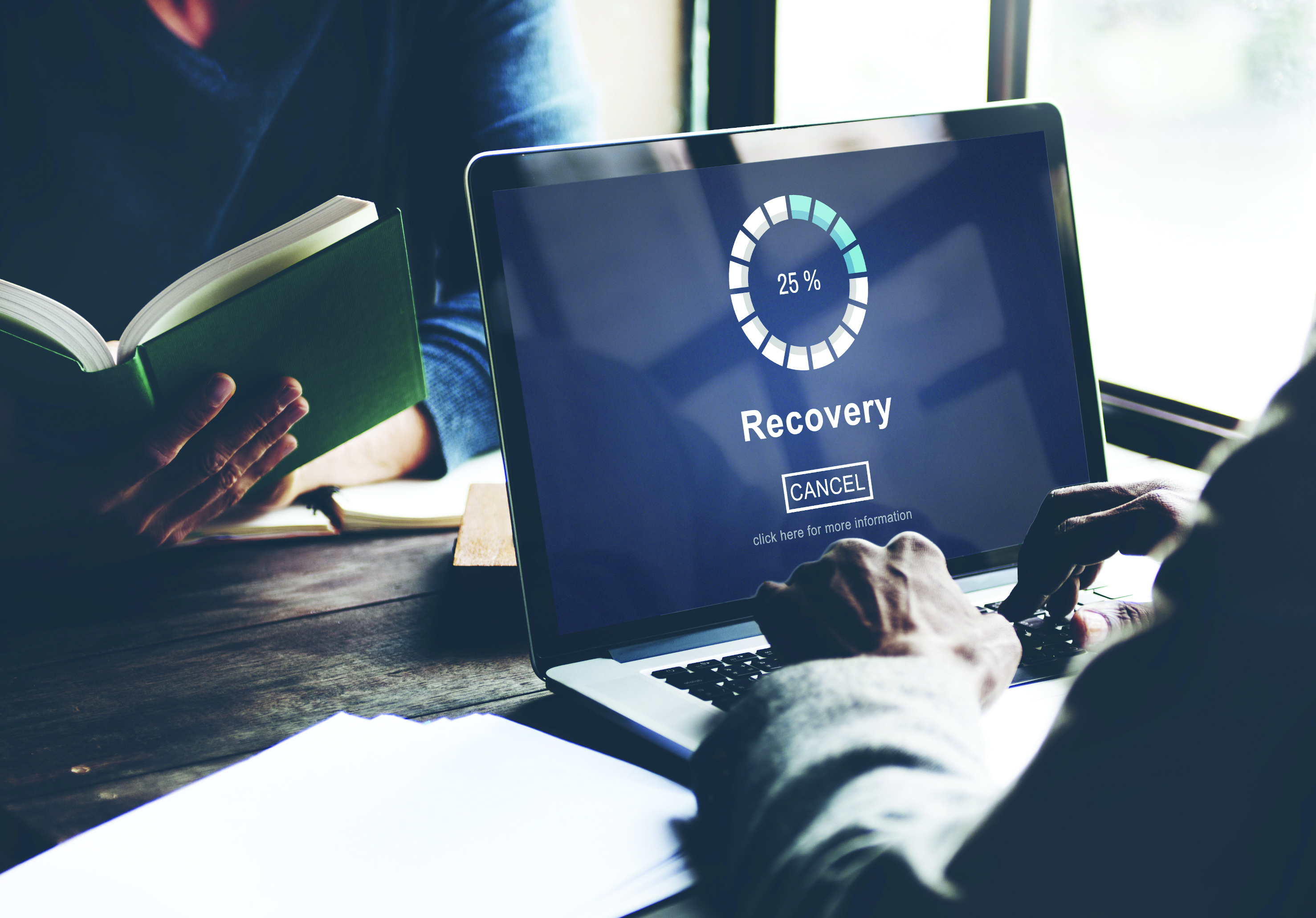Distributors Focus on Data Recovery Protection
As ransomware attacks continue to rise, make sure your company’s data is secure with disaster recovery backup systems.

Ransomware is exceptionally difficult to guard against, as it changes every day. Sophisticated attackers are constantly looking for ways to profit by stealing a company’s data, holding it for ransom and then selling it back. Cybersecurity, in a sense, is very much like home security. You can install as many locks, cameras and alarms as you want, but ultimately, criminals find new ways to get in.
It is costly, complicated and degrading to give in to cyberattackers. One of the fastest and most reliable solutions to combat the disruption of ransomware and threats is the ability to restore your data as thoroughly and as quickly as possible. You can get your system back in business without the need to negotiate with attackers.
We’ve found that many distributors do not monitor their backup systems as frequently or carefully as needed to be fully ready for an unexpected ransomware attack. There seemed to be a need for a supplemental backup service that could be initiated if all standard measures were to fail. The Hardware Team at DDI System calls this a disaster recovery or lifeboat backup system.
Like a ship, if all systems fail, including the backup generator, the lifeboats are dispatched to get you back to safety. This service does not take the place of a company’s standard backup that your IT department implements, monitors and maintains. Instead, it is a secondary system — much like a last-resort lifeboat.
“Every day, the disaster recovery system creates encrypted copies of a company’s data and stores it off-site in a secure location,” explains Brian McCall, DDI System’s manager of hardware services. “One of the most significant concerns that we've seen is the tendency to store system backups on the main network. Unfortunately, ransomware can affect the entire network, so in many cases, the backup data becomes vulnerable as well.”
One significant advantage of the disaster recovery system is an elaborate notification process designed to provide immediate alerts if, for any reason, the scheduled backup process has not been successful. It allows team members to quickly investigate the issue and assist in resolution, minimizing any loss of data or availability.
“Most people are confident that their data backup technology is just humming away in the background, similar to how a home heating or air-conditioning system does. The problem is that these are silent systems; there is often no effective alarm that tells you that your system is not working correctly,” McCall says. “Notification was a big part of our design for the disaster recovery service. Once implemented, the DDI Hardware team is alerted when a backup issue has occurred, and we can take immediate action.”
DDI System has dealt with several difficult situations to help customers reduce or eliminate downtime due to potential ransomware threats. “We consult on best practices and provide recommendations on how to avoid suspicious emails, optimize internal backup systems, and install and monitor endpoint detection platforms — some of the many good practices for companies to consider,'' he notes.
Antivirus software and endpoint detection services run on your devices to monitor and prevent malicious activity from taking place. This can be anything from preventing a known virus attack to alerting the system manager that suspicious behavior is taking place. It is always recommended to deploy your antivirus software or endpoint detection service on every device that accesses a company's network — including all workstations, database servers and application servers.
“Even though DDI’s main focus is developing and supporting modern ERP software and industry-specific workflows for distributors, we’ve come to realize during this unusual period of time that as cyber threats became more prominent, having a ‘lifeboat’ system in place to restore a customer’s data and their business system immediately can reduce potential damage and eliminate downtime,” explains Adam Waller, CEO of DDI System.
As the workforce continues a hybrid model of remote and on-premise work environments, cyberattacks and virus threats will persist. Companies need to create additional best practices for remote workers, review current procedures to minimize security weaknesses and consistently monitor expected backup systems to avoid costly and long-term issues.
Kate Fucci is a marketing specialist with DDI System and can be reached at sales@ddisys.com.




